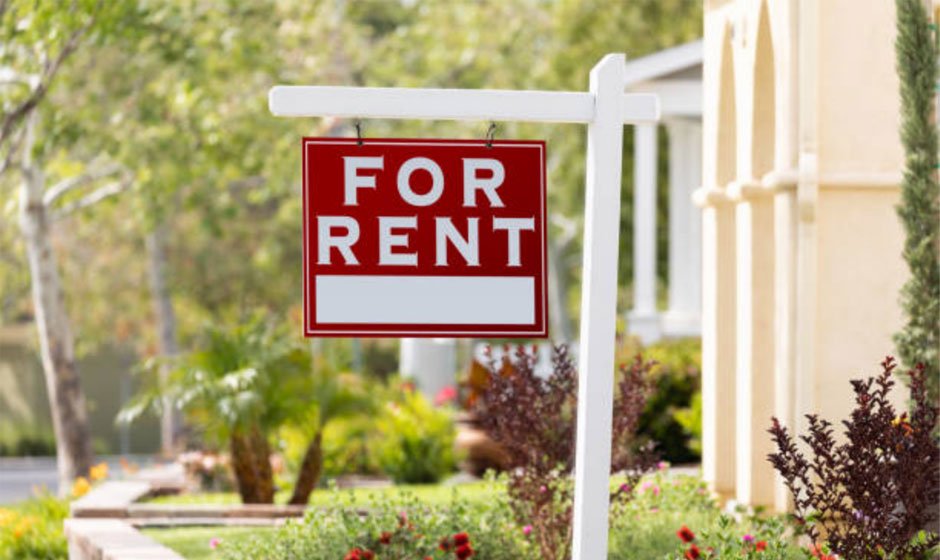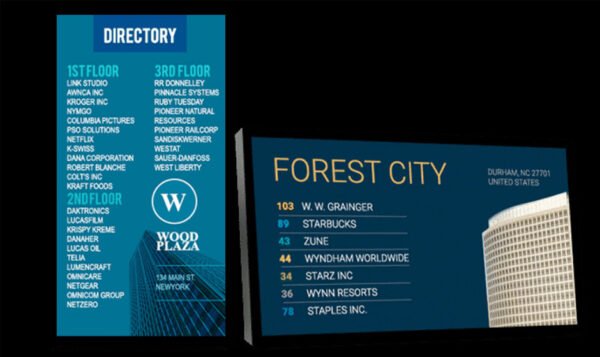Optimizing Your Rental Apartment Process: Key Questions to Ask Potential Tenants

Renting out an apartment can be a lucrative endeavor, but finding the right tenants is crucial for a smooth and profitable experience. Screening potential tenants thoroughly can help landlords avoid issues down the line and ensure a positive rental experience for both parties. One of the most effective ways to do this is by asking the right questions during the application process. In this article, we’ll explore the key questions landlords should ask potential tenants to optimize their rental apartment process.
Background and Employment
The first set of questions should focus on the potential tenant’s background and employment status. This helps landlords gauge the applicant’s stability and ability to pay rent consistently. Start by gathering basic personal information from the potential tenant. This includes their full name, contact information, and current address. Additionally, inquire about their occupation and employer to verify their source of income. Key questions may include:
- Can you provide references from previous landlords or employers?
- What is your current employment status, and where do you work?
- How long have you been at your current job, and what is your monthly income?
- Have you ever been evicted from a rental property?
- Do you have any pending legal issues or lawsuits that could affect your ability to pay rent?
Rental History
Understanding a potential tenant’s rental history can provide valuable insights into their reliability and behavior as tenants. Ask about their previous rental experiences, including the duration of their tenancy, reasons for leaving previous residences, and whether they have ever been evicted.
- Where have you lived in the past few years, and for how long at each location?
- Why are you searching for apartments for rent?
- Did you fulfill the terms of your previous lease agreements?
- Have you ever been late on rent payments or faced eviction proceedings?
- Can you provide contact information for your previous landlords?
Lifestyle and Habits
Understanding a potential tenant’s lifestyle and habits can help you assess whether they are a good fit for your rental property. Ask about their daily routine, hobbies, and whether they have any pets. Clarify your property’s rules regarding smoking, noise levels, and guests to ensure compatibility with the tenant’s lifestyle.
As a landlord, it’s essential to ensure that the potential tenant’s lifestyle and habits align with the rules and expectations of the rental property. Questions in this category may cover:
- Do you have any pets? If yes, what type and how many?
- Do you smoke, or are you willing to abide by a no-smoking policy?
- How many people will be living in the apartment, and what are their relationships to you?
- Do you anticipate any significant lifestyle changes during the lease term?
- Are you comfortable with the rules and regulations of the building or community?
Financial Responsibility
Financial stability is a crucial factor in determining a tenant’s ability to pay rent consistently and on time. Request proof of income, such as pay stubs or employment verification letters, to ensure they have a steady source of income. It is critical when selecting tenants to minimize the risk of missed payments or property damage. Let’s look into the questions to ask potential tenants:
- Can you provide a recent credit report or authorize a credit check?
- Do you have any outstanding debts or financial obligations?
- Are you able to provide a security deposit and the first month’s rent upon signing the lease?
- Do you have renters’ insurance, and if not, are you willing to obtain it?
- Have you ever declared bankruptcy or faced foreclosure?
Maintenance and Communication
Maintaining open communication with tenants is essential for addressing issues promptly and maintaining a positive landlord-tenant relationship. Questions related to maintenance and communication may include:
- How would you prefer to communicate in case of maintenance requests or emergencies?
- Are you willing to notify the landlord promptly about any maintenance issues or concerns?
- Do you have any specific maintenance preferences or requirements?
- Are you familiar with the proper use and care of appliances and utilities in the apartment?
- Can you provide emergency contact information in case you’re unreachable?
Conclusion
Optimizing the rental apartment process starts with a thorough screening of potential tenants. By asking key questions related to background, employment, rental history, lifestyle, financial responsibility, maintenance, and communication, landlords can make informed decisions and select tenants who are likely to be reliable and responsible. Effective screening not only minimizes risks but also fosters a positive rental experience for both landlords and tenants, ultimately leading to long-term success in property management.



